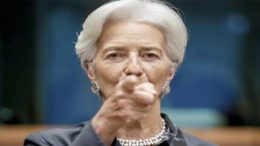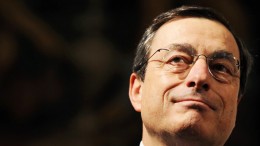Europe Is Running Out Of Semiconductors – Here’s What It Can Learn From Tech Survivor Osram
Michael Weinold via The Conversation | The shortage of semiconductor chips has exposed the vulnerability of European high-tech manufacturers that rely heavily on chip imports from Asia. The automotive sector alone, traditionally a European high-tech stronghold, is expected to take a US$110 billion (£79 billion) hit over the coming years as a result. In 2020, high-tech products represented approximately 20% of total exports from the European Union by value, with…









